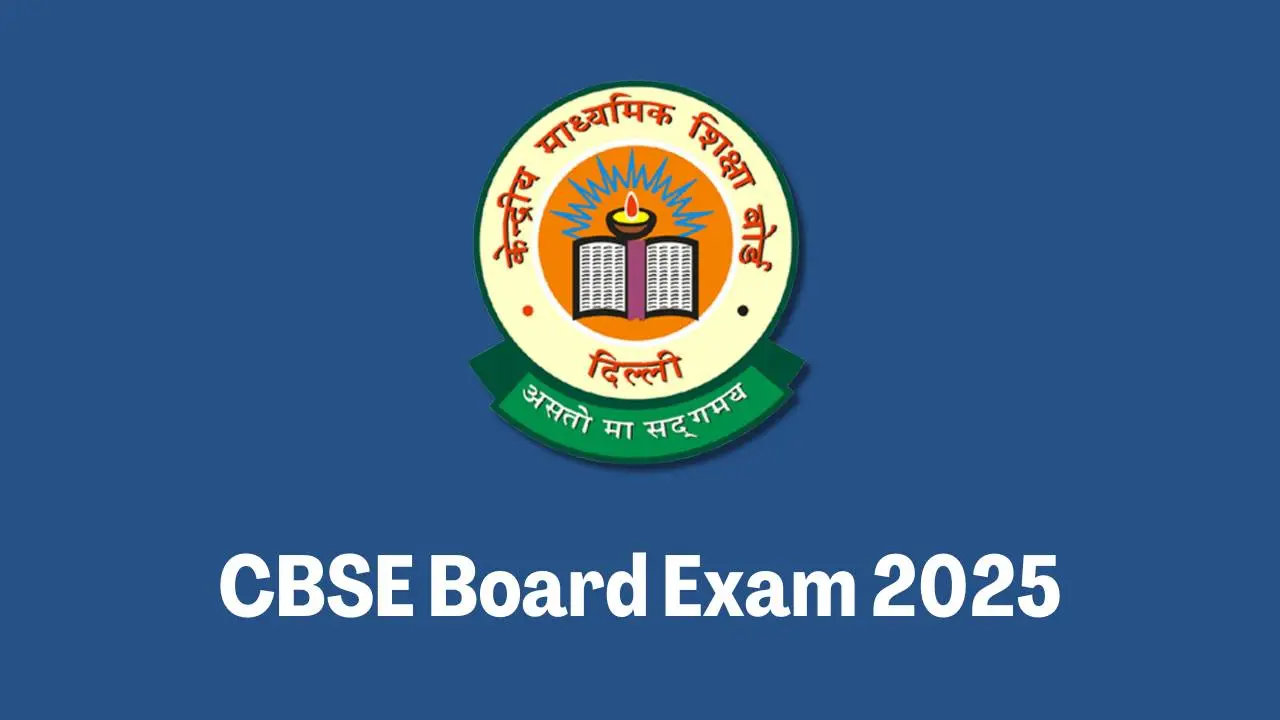CBSE Exam In-Depth Look at CCTV Guidelines for a Fair and Secure Examination!
CBSE Mandates CCTV Cameras for Class 10 and 12 Board Exams 2025 – The Central Board of Secondary Education (CBSE) has issued a directive requiring all schools to install high-resolution CCTV cameras in examination halls for the 2025 Class 10 and 12 board exams. This decision aims to create a fair and transparent exam environment for 44 lakh students across India and 26 countries abroad.
Why is CCTV Surveillance Important for Board Exams?
CBSE introduced this policy to ensure the exams are conducted fairly. Schools must install CCTV cameras that cover every part of the examination hall, including entrances, exits, and student desks. By implementing this policy, CBSE guarantees that all student actions during the exam are recorded and easily monitored by invigilators.
Each exam hall will have one invigilator for every 10 rooms. These invigilators will watch the live footage throughout the exam, ensuring that students follow the guidelines. Schools must also store the footage for at least two months after the results are declared. In case of any issues, this footage will be available for review.
What Are the Key Guidelines for Schools?
CBSE has laid out clear instructions for schools regarding the CCTV installation. All cameras must be high-resolution to ensure visibility of students’ activities and exam materials. Schools are responsible for covering the cost of installation and maintenance of the cameras. The cameras should remain operational throughout the exam period.
Schools need to inform both students and parents about the presence of CCTV cameras and how they will be used during exams. This communication can happen through handbooks, announcements, and school notice boards. The CCTV footage will only be accessible to designated exam officials and security personnel.
What Should Students Expect During the Exams?
Students will be monitored throughout their exam by CCTV cameras installed in every examination room. The cameras will ensure that students adhere to the rules and conduct their exams fairly. CBSE believes that the presence of these cameras will reduce the chances of unfair practices and create a transparent system.
Additionally, invigilators will watch live footage of the exams, observing any suspicious activities. The footage will help maintain discipline during the exam and protect the integrity of the entire process.
How Will This Affect Schools?
While many private schools already have CCTV systems in place, government and public schools may need to take immediate steps to install cameras in their exam halls. Schools that do not meet the new requirements will not be eligible to host the board exams. Schools will also need to train their staff to operate the cameras and ensure that footage is recorded securely.
What Are the Benefits of This Policy?
CBSE’s decision to introduce CCTV surveillance will help prevent cheating and ensure fairness in the exams. By monitoring every student closely, the board guarantees that no student gains an unfair advantage. This policy also aligns with CBSE’s broader commitment to improve the quality of education and maintain high standards in its examination process.
What Are the Challenges?
The biggest challenge for schools, particularly government schools, will be the cost of installing and maintaining the CCTV systems. However, CBSE has made it clear that the schools must bear these costs. The policy also requires schools to train staff in operating the CCTV systems, which will add to the workload of school administrators.
What Are the Next Steps for Schools?
Schools need to begin the process of installing CCTV cameras in their exam halls as soon as possible. By doing so, they will be able to meet the requirements set by CBSE. Schools must also communicate the details of this policy to both students and parents, ensuring that everyone understands the purpose of CCTV surveillance during the exams.
For further information and updates on the 2025 board exams, students and schools are encouraged to visit cbse.gov.in or read the latest notifications on the CBSE academic website.
FAQs
What is the new CCTV policy for CBSE board exams?
CBSE has mandated the installation of high-resolution CCTV cameras in exam halls for Class 10 and 12 board exams starting from 2025.
Will the cost of installing CCTV cameras be covered by CBSE?
No, the cost of installing and maintaining CCTV cameras will be borne by the schools themselves.
How will the CCTV footage be used?
The footage will be monitored in real-time by invigilators and stored for two months after the results. It will only be accessed by authorised personnel.
Will the presence of CCTV cameras affect students?
The cameras are installed to ensure a fair exam environment, and students will be notified in advance about the surveillance.
How many exam centres will be involved in the 2025 CBSE board exams?
CBSE will conduct exams across 8,000 exam centres for over 44 lakh students in India and abroad.
This policy reflects CBSE’s commitment to upholding the integrity of its examination process while adapting to the increasing need for security and fairness in today’s academic environment.
For the Latest Educational News (CBSE, ICSE, and State Board News) and live news updates, like us on Facebook or follow us on Twitter and Join our Premium Telegram Channel. Read more on Latest Exams & Results News on Shikshapress.com.

